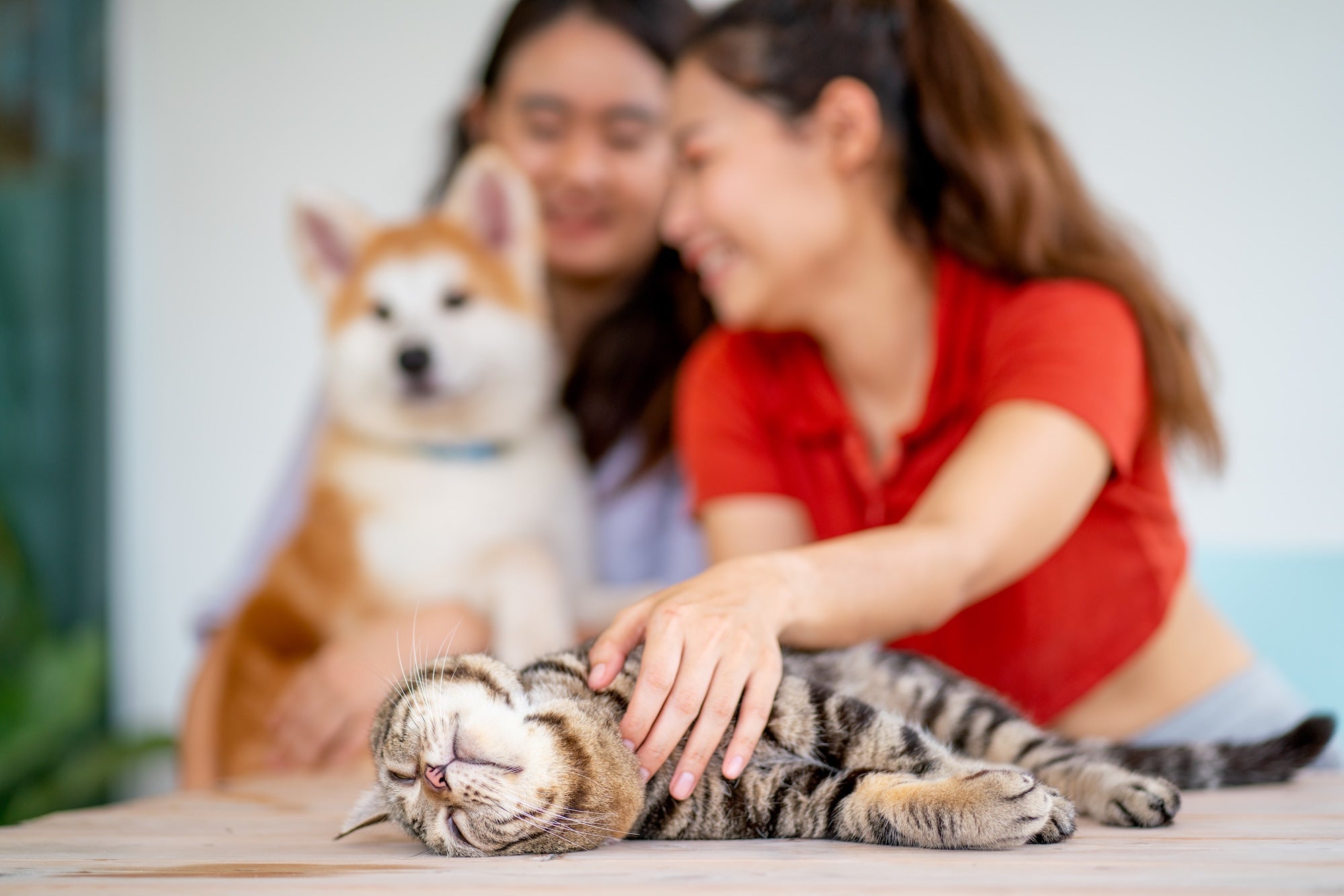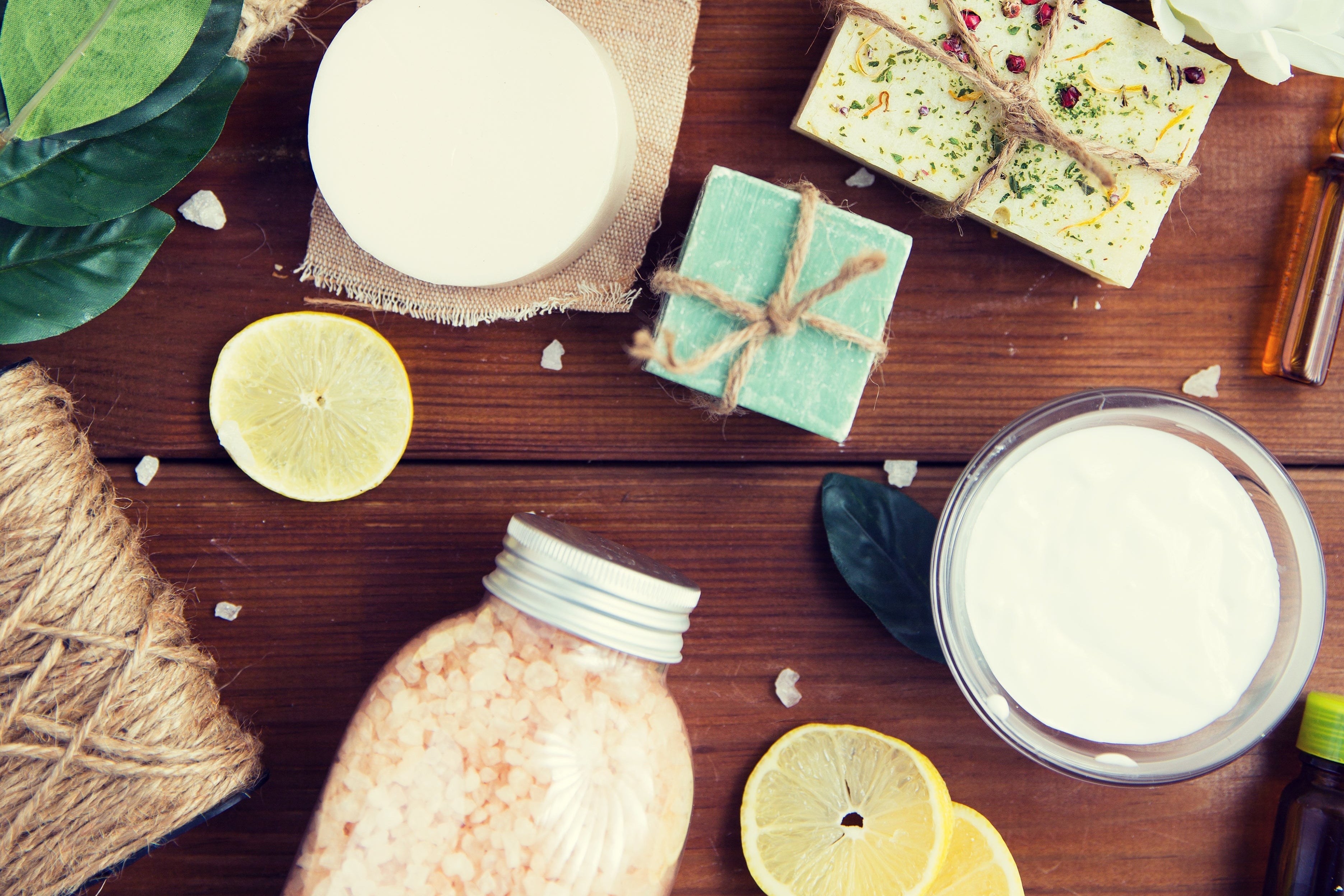
Why Your Pets Deserve Non-Toxic Household Products Too
When we think about creating a healthier home environment, we often focus on the benefits for ourselves and our human family members. But what about the furry, four-legged members of our household? Our pets spend even more time in our homes than we do—sleeping on our floors, walking barefoot on freshly cleaned surfaces, and sometimes even licking or chewing on household items. This constant, intimate contact with our home environment makes them particularly vulnerable to toxic substances found in conventional cleaning and household products.
At Free Living Co., we believe that clean living should extend to every member of your family—including those with paws, tails, and whiskers. Here's why making the switch to non-toxic household products isn't just good for you—it's essential for your pets too.
The Hidden Dangers Lurking in Conventional Products
Most conventional cleaning products contain a cocktail of harsh ingredients that can pose serious health risks to pets. Unlike humans, animals can't read warning labels, understand the concept of toxic exposure, or wash their paws after walking across a freshly mopped floor.
Pets, especially cats and dogs, face unique exposure risks:
-
Paw Pad Absorption: The sensitive pads on their feet can absorb residues from floors and surfaces, sending toxins straight into their bloodstream.
-
Grooming Habits: Frequent self-grooming means pets may ingest substances they pick up from floors, blankets, or toys.
-
Respiratory Sensitivity: Their respiratory systems are more delicate than ours. Fumes from cleaning agents can trigger asthma or allergies.
-
Health EffectsLower Body Weight: Even small amounts of exposure can have a significant impact on their health.
Common Household Toxins That Threaten Pet Health
These are some of the most harmful substances to look out for in conventional household products:
Phenols and Ammonia
Common in all-purpose cleaners, these can severely irritate your pet’s respiratory tract—especially dangerous for cats, whose livers struggle to break down phenolic compounds.
Phthalates
Often hidden in fragranced products, phthalates have been linked to hormonal disruptions and are especially dangerous for developing pets.
Chlorine
Used in many bleach-based cleaners, chlorine is a respiratory and skin irritant for animals.
Formaldehyde
A known carcinogen found in a range of household products, and even home decor like candles, it can contribute to cancer in pets, just as in humans.
Glycol Ethers
These are present in some glass and surface cleaners and have been linked to long-term liver and kidney damage in pets.
Signs Your Pet May Be Reacting to Toxic Products
Noticing subtle changes in your pet’s behavior or health? These signs could indicate exposure to harmful products:
-
Excessive scratching or skin irritation
-
Red, watery eyes
-
Sneezing or coughing
-
Lethargy or behavioral changes
-
Digestive upset
-
Labored breathing or wheezing
If these symptoms improve when you're away from home—or worsen right after cleaning—it may be time to reassess your product choices. And be aware that even if your pet doesn’t show visible symptoms their health could still be negatively impacted by toxins.
Making the Switch to Pet-Safe Alternatives
You don’t need to overhaul everything at once. Start with the essentials:
1. Non-Toxic Floor Cleaners
Pets spend a lot of time on the floor, so it's a great place to start. Force of Nature’s Basic Starter Kit is an EPA-registered disinfectant that’s non-toxic and safe for pets.
2. Natural Laundry Products
Your pet’s bed and your own linens (which pets likely snuggle in) should be cleaned with gentle, natural detergents. Try Meliora’s Laundry Powder for an effective, fragrance-free clean.
3. Air-Friendly Alternatives
Avoid synthetic air fresheners. Vitruvi’s Stone Diffuser with carefully chosen pet-safe essential oils can freshen your home safely.
4. Pet-Specific Natural Products
Use personal care products designed for pets. Pantry Products’ Dirty Dog Wash and Dog Deodorant clean and refresh without toxins.
Beyond Cleaning: Other Household Toxins to Address
Cleaning agents aren’t the only risk. Other common products may also contain pet-harming substances:
Pest Control Products
Traditional pesticides are dangerous. Look for options using diatomaceous earth or essential oils instead.
Flame Retardants
Often used in furniture and electronics, these have been linked to thyroid disorders in cats. Choose flame-retardant-free furnishings whenever possible.
Plastic Food & Water Bowls
Plastic can leach harmful substances into food and water. Choose stainless steel, ceramic, or glass instead.
Creating a Holistic, Pet-Safe Haven
Building a non-toxic home means more than cleaner floors. Consider the full environment:
Regular Ventilation
Even natural products can build up in the air. Ventilate your space regularly to support your pet’s respiratory health. Or place an air purifier like Austin Air Health Mate in rooms you & your pets frequent.
Pet-Safe Plants
Houseplants can also serve as air purifiers, but mMany houseplants are toxic to pets. Always check pet-safe plant lists before purchasing.
Secure Storage
Even the safest products should be kept out of reach of curious pets. Store bottles and supplies in secured cabinets.
The Bigger Picture: Environmental Impact
Using non-toxic household products doesn’t just protect your pets—it helps protect the planet. Conventional cleaning agents can pollute waterways and soil, affecting wildlife that pets encounter on walks and adventures. Choosing non-toxic products is a small action with wide-reaching effects.
FAQ: Non-Toxic Living with Pets
Are natural cleaning products strong enough to handle pet messes?
Absolutely. We love Force of Nature, Puracy’s carpet stain remover, and Good Natured’s carpet refresher to and other natural cleaners kill germs and odors without putting your pets at risk.
My pet has allergies. Can non-toxic products help?
Yes. Many allergic reactions in pets are triggered by conventional cleaners. Making the switch often reduces or eliminates symptoms.
How do I verify if a product is truly pet-safe?
Look for full ingredient lists, EPA Safer Choice certification, or vet-recommended labeling. Or shop from FreeLivingCo.co where every product is vetted and verified.
Are pet-safe products more expensive?
Not always. Some are more concentrated and last longer. Plus, they can help you avoid costly vet bills caused by toxic exposure.
Can I use essential oils around pets?
Use caution. Some essential oils are toxic to pets, especially cats. Research each oil, dilute properly, and ensure good airflow.
Final Thoughts
Our pets give us love, loyalty, and joy. Creating a toxin-free home is one of the best ways to return that love. By choosing non-toxic products, you're protecting your own health and ensuring a safe, vibrant life for your animal companions.
Ready to make your home safer for everyone under your roof? Explore our full collection of clean living essentials for pets and people.



Leave a comment
This site is protected by hCaptcha and the hCaptcha Privacy Policy and Terms of Service apply.